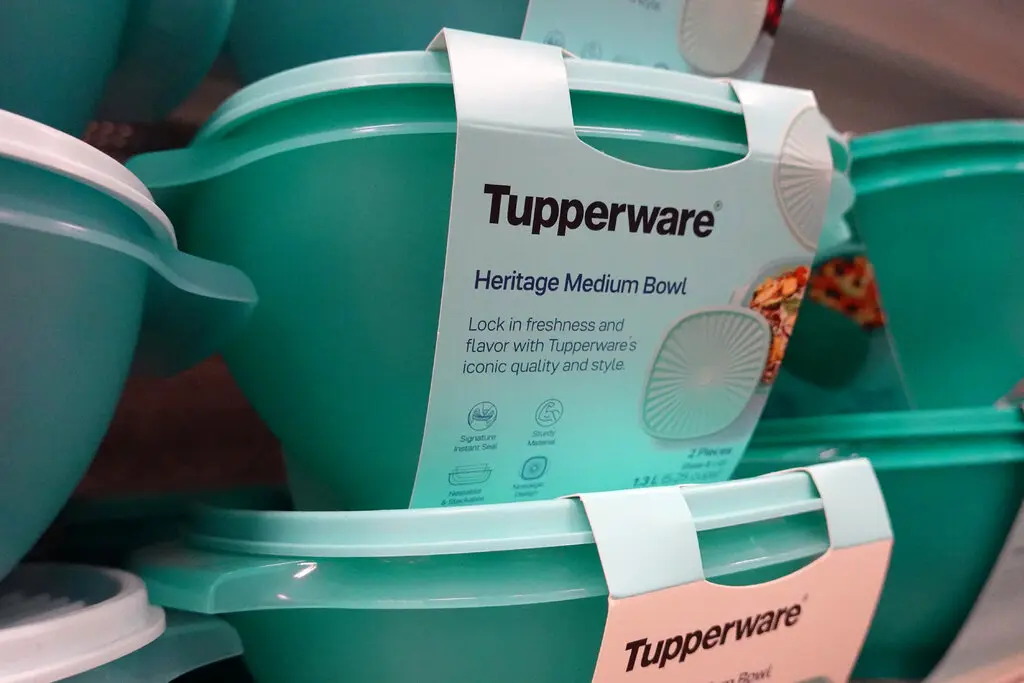Tupperware files for bankruptcy after failed turnaround effort
By Ann - Sep 25, 2024
Tupperware, a leading company in food storage solutions, faced bankruptcy due to financial struggles and failed revival attempts. Despite efforts to reinvigorate the brand, including product range adjustments and marketing campaigns, declining revenues and mounting debt persisted. The company's traditional sales model, relying on in-home parties and independent consultants, struggled against modern retail platforms. Tupperware will seek to restructure and explore recovery options during the bankruptcy process, potentially involving acquisitions or a business model overhaul.

Images via CNN NEWS
The well-known company Tupperware, which is well-known for its inventive food storage solutions, recently filed for bankruptcy following a fruitless attempt to revive its enterprise. By declaring bankruptcy, a company that formerly dominated the cookware market with its dependable and practical products has taken a significant turn for the worst. Despite its distinguished history and widespread appeal, Tupperware's current predicament is the consequence of mounting financial strains and unmanageable operational challenges.
Tupperware tried to improve its declining financial status by initiating many strategic initiatives aimed at reinvigorating its brand and operations. Among these efforts were rearranging the company's range of products, providing funds for marketing campaigns, and exploring other channels of distribution. Regrettably, the company suffered from declining revenues and mounting debt as a result of these turnaround attempts' inability to provide the anticipated results. In the end, the inability of these measures to adapt to changing consumer preferences and competitive constraints in the cookware industry limited their effectiveness.
Businesses that relied on house displays and direct sales faced more general challenges, which are highlighted by the bankruptcy case. Tupperware's traditional business model struggled to compete with modern retail and e-commerce platforms because of its strong reliance on in-home parties and network of independent consultants. Despite Tupperware's efforts to modernise its approach, the company was unable to keep up with the broader trends in the industry and the changing dynamics of the market as consumer preferences shifted towards online shopping and convenience.
In the future, Tupperware will need to restructure in order to fulfill its financial commitments and explore options for recovery as part of its bankruptcy processes. The conclusion of this process of restructuring will be important in determining the future direction that the firm will take, which might include acquisitions, mergers, or a complete overhaul of its business model. In light of its bankruptcy case, Tupperware has several problems, but it also has an opportunity to reassess its approach and strengthen its position in the evolving industry.


